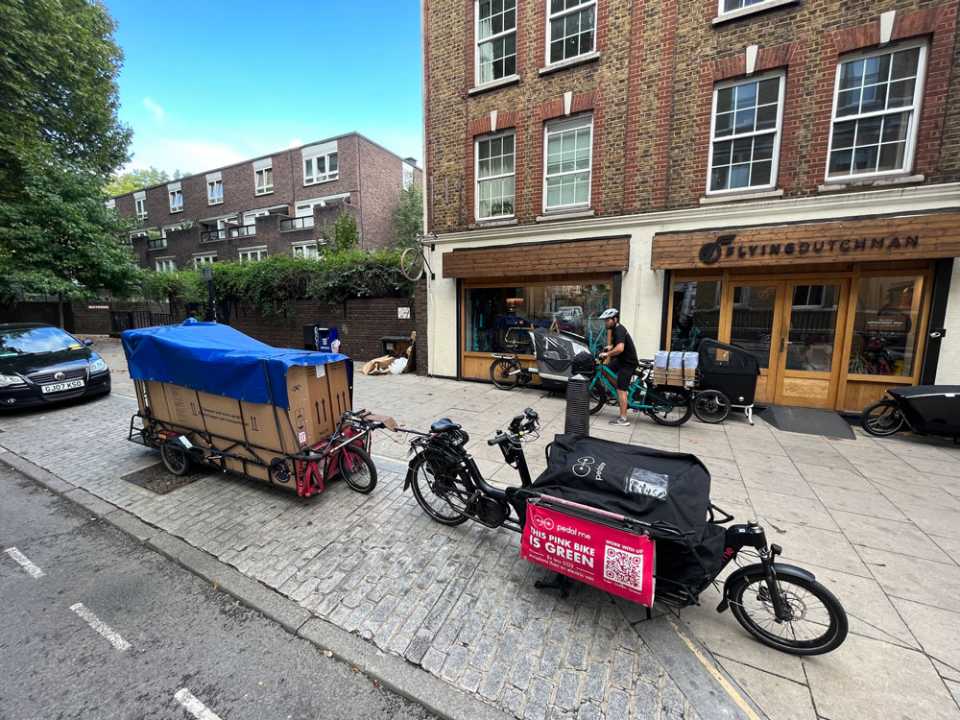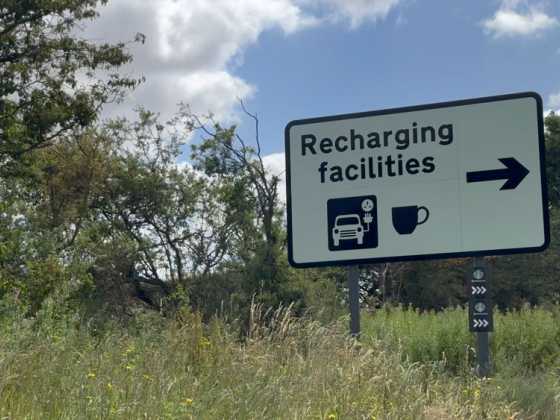Transport for London launches cargo bike action plan

Transport for London (TfL) has unveiled a new plan to work with the boroughs, businesses and the freight industry to transform how deliveries and servicing trips are made in the capital by promoting the growth of cargo bikes. The safe, clean and efficient functioning of freight in London is vitally important to the economy and a healthier and more sustainable city for all Londoners.
TfL estimates that cargo bikes could replace up to four per cent of van kilometres by 2030. Central London is expected to see the highest growth and could replace up to 17 per cent of van kilometres by 2030. It is estimated that the carbon savings resulting from cargo bike growth across Greater London will be up to 30,000 tonnes of CO2 a year by 2030.
Cargo bikes also present a lower risk to people walking and cycling than vans and heavy goods vehicles (HGVs), helping to make London's streets safer and more attractive for people using public transport, walking and cycling.
The plan sets out actions to promote cargo bike use and address barriers that inhibit or prevent a shift from vans to cargo bikes. Key actions within the plan include developing a London safety standard for cargo bikes that adopts best practice, publishing guidance for both riders and operators.
It also includes exploring opportunities to provide space, such as micro-hubs and parking to support last mile cargo bike operations, and monitoring where key cargo bike routes are across the city to identify usage patterns and project future growth.
Will Norman, Walking and Cycling Commissioner said: "Cargo bikes are no longer a niche concept, and they can be real game changers when it comes to delivering freight and servicing trips. Not only do they provide environmental benefits by not contributing to air pollution, they also make journeys more efficient, and present a much lower risk of danger to people walking and cycling than vans and HGVs.
"I'm delighted that TfL is launching this action plan to explore how we can grow the use of cargo bikes on our road, to help both the environment and the health of Londoners, and build a better, safer, greener London for everyone."
Christina Calderato, TfL's Director of Strategy and Policy, said: "Freight and servicing are the lifeblood of London's economy but also contribute to air pollution, carbon emissions and traffic congestion. We are determined to provide a green, healthy and sustainable future for all Londoners and cargo bikes can play a vital role in cutting carbon emissions, air pollution and road danger. We will continue to work closely with our industry partners, businesses and boroughs across the capital to make our vision for cleaner and safer freight a reality."
Rob King, co-founder and CEO of Zedify, said: "Our research shows that cargo bikes can save over 90 per cent CO2 emissions per km compared to electric vehicles. With ecommerce growing, it's clear they have a serious role to play in decarbonising UK transport. Cargo bike logistics has hit a vital stage of growth but it's still a young sector and we need to invest in the ecosystem with things like product development as well as finance and insurance options. This is why businesses like Zedify need to scale rapidly and deliver amazing co-benefits from better air quality, carbon reduction, and fair employment to safer, healthier cities that are better for everyone."



